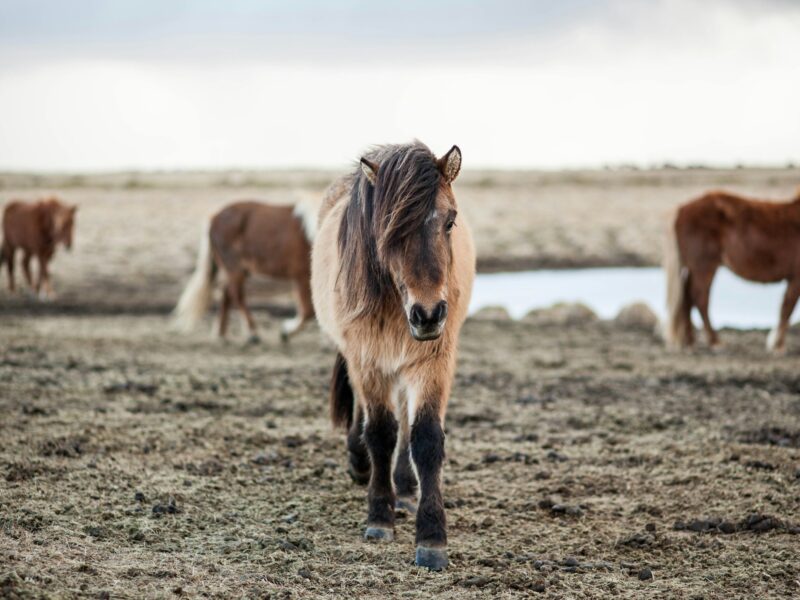Soyinka | Advice to the Young
“Prepare to collect your rejection slips in your cupboard in your drawer and continue writing. It’s part of your mementos, it’s souvenirs.” Nobel Prize winner Wole Soyinka (b. 1934) shares his advice to emerging writers. With a career spanning decades and a wealth of experience in literature and theater, Wole Soyinka offers practical guidance and profound insights for those navigating the world of writing and creativity. Soyinka emphasizes the importance of perseverance in the face of rejection, urging aspiring writers to view setbacks as part of the journey. Drawing from his own experiences, Soyinka encourages writers to explore diverse forms of publication, from literary journals to broadcasting stations, while cautioning against the temptation of self-publishing as a last resort. He stresses the value of seeking external feedback. He recommends immersing oneself in biographies, history books, and the works of literary giants like Shakespeare to enrich one’s understanding of humanity and storytelling. With anecdotes from his own life and career, Soyinka offers a glimpse into his creative process, revealing his lifelong fascination with theater and the written word. From his early days devouring books in his father’s library to his encounters with European theater, Soyinka shares the influences that have shaped his artistic journey. As he says of Shakespeare:” Shakespeare is the greatest abnormal creative being the world has ever known”. Wole Soyinka was born in 1934 in Nigeria. He is a playwright, a novelist and a poet. Ph.D. at the University of Leeds in 1973. Soyinka was a dramaturgist at the Royal Court Theatre in London between 1958 and 1959. In 1960, he was awarded a Rockefeller bursary and returned to Nigeria to study African drama. At the same time, he taught drama and literature at various universities in Ibadan, Lagos, and Ife, where, since 1975, he has been a professor of comparative literature. In 1960, he founded the theatre group “The 1960 Masks” and in 1964, the “Orisun Theatre Company”, in which he produced his own plays and took part as an actor. During the civil war in Nigeria, Soyinka appealed in an article for a cease-fire. For this he was arrested in 1967, accused of conspiring with the Biafra rebels, and was held as a political prisoner for 22 months untill 1969. Soyinka has published about 20 works: drama, novels and poetry. He writes in English and his literary language is marked by great scope and richness of words. As a dramatist, Soyinka has been influenced by, among others, the Irish writer, J.M. Synge, but links up with the traditional popular African theatre with its combination of dance, music, and action. He bases his writing on the mythology of his own tribe-the Yoruba-with Ogun, the god of iron and war, at the center. Soyinka has written three novels, “The Interpreters” (1965), narratively, a complicated work which has been compared to Joyce’s and Faulkner’s, in which six Nigerian intellectuals discuss and interpret their African experiences, and “Season of Anomy” (1973) which is based on the writer’s thoughts during his imprisonment and confronts the Orpheus and Euridice myth with the mythology of the Yoruba. In 2021 Soyinka released “Chronicles from the Land of the Happiest People on Earth” combining “elements of a murder mystery, a searing political satire and an Alice in Wonderland-like modern allegory of power and deceit” (Los Angeles Times). Wole Soyinka received the Nobel Prize in Literature in 1986 as the first Black African writer. Wole Soyinka was interviewed by Lotte Folke Kaarsholm at the Louisiana Literature festival in August 2023, at the Louisiana Museum of Modern Art, Denmark.
Foto di Ashlyn Ciara



